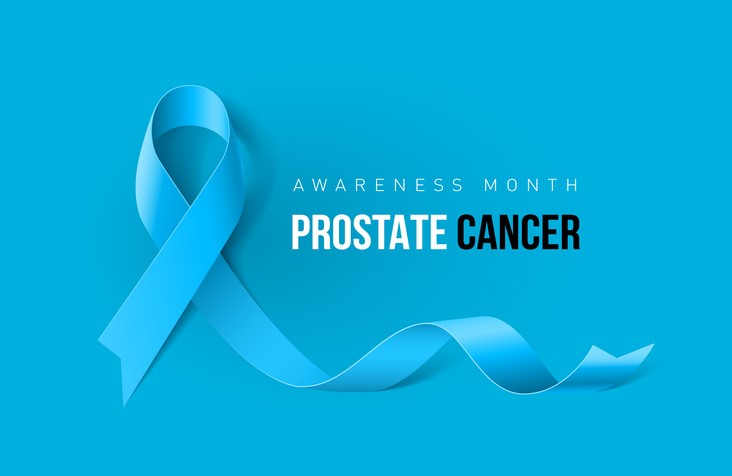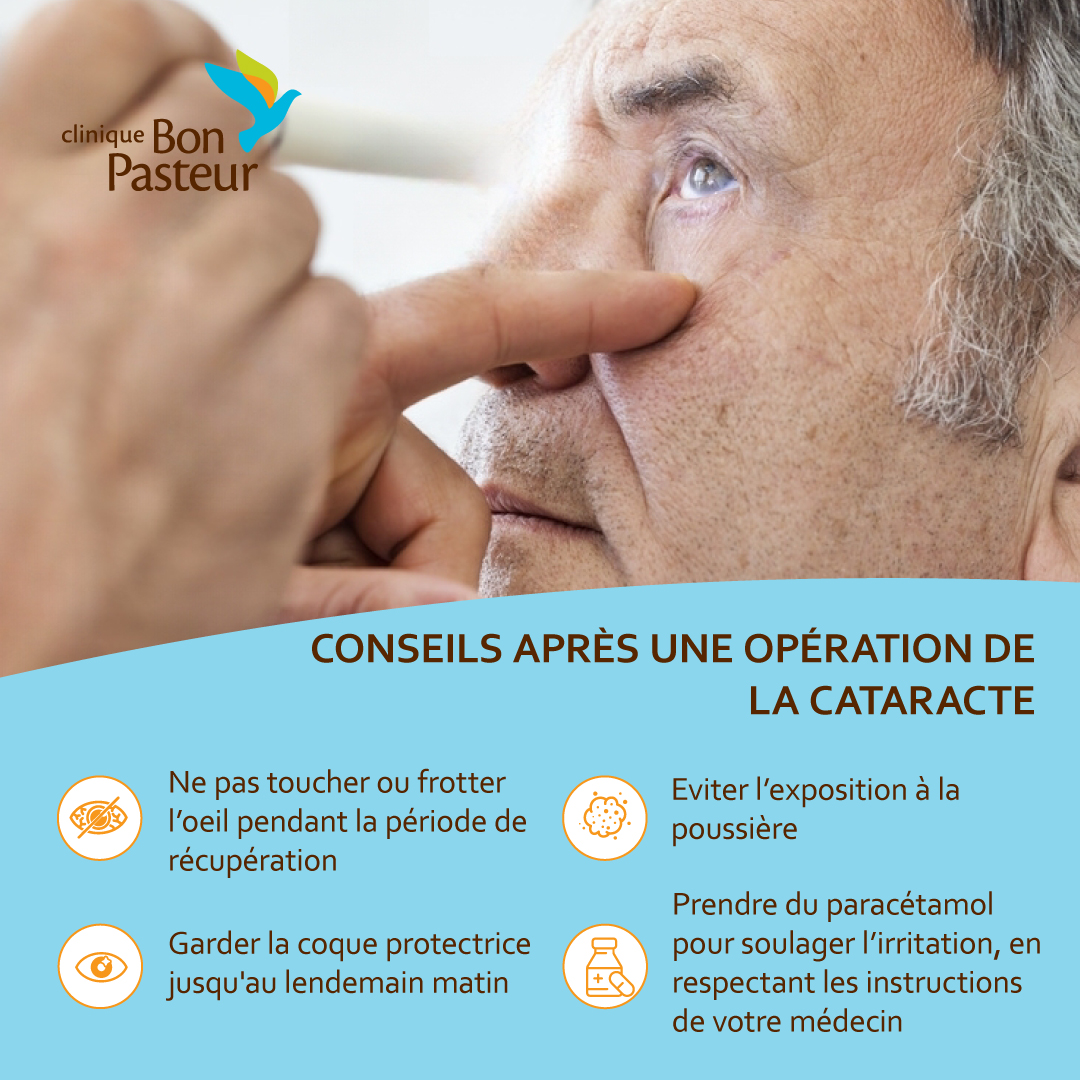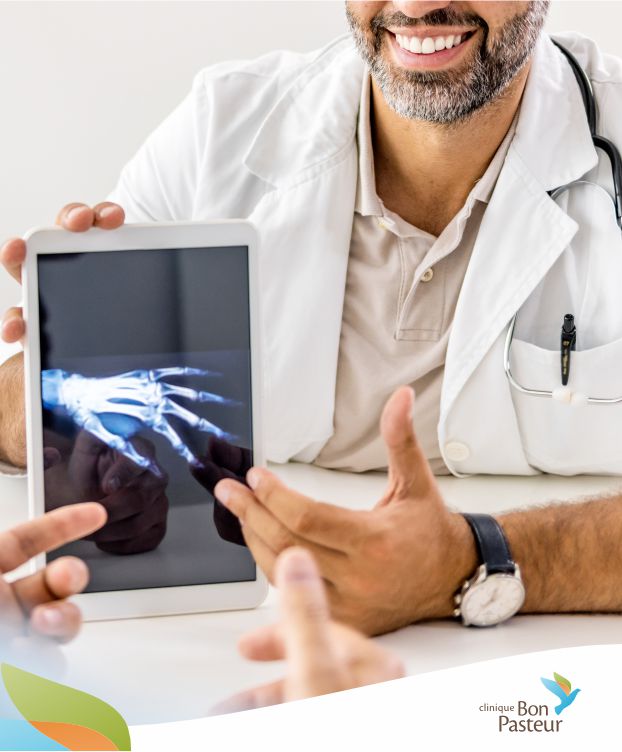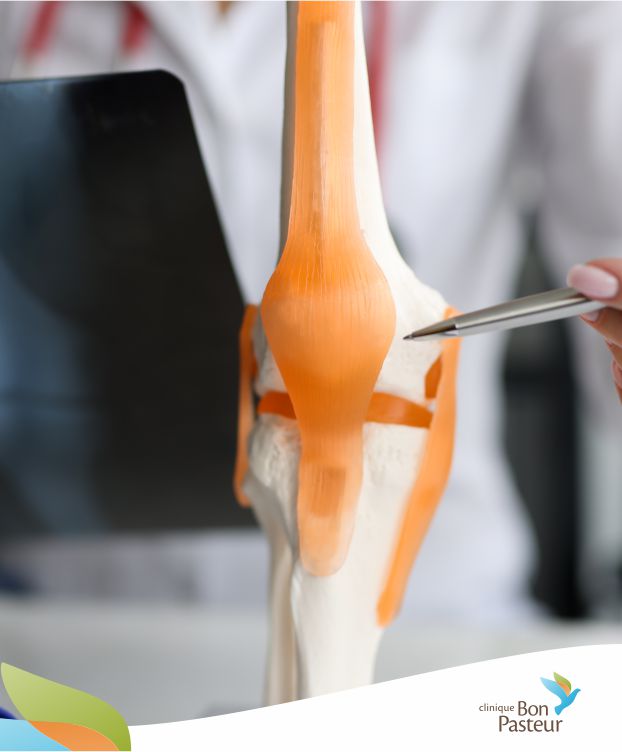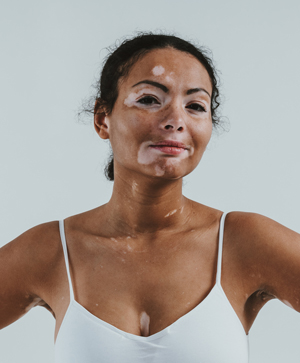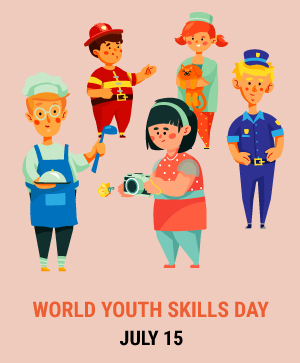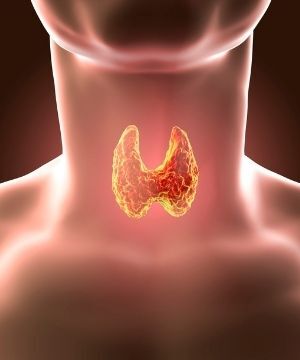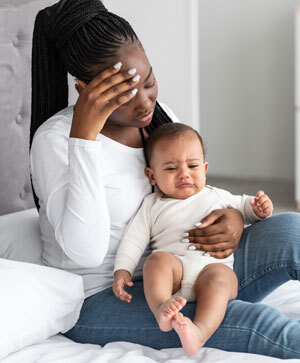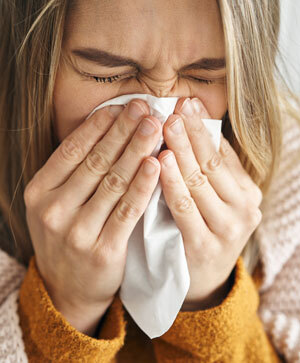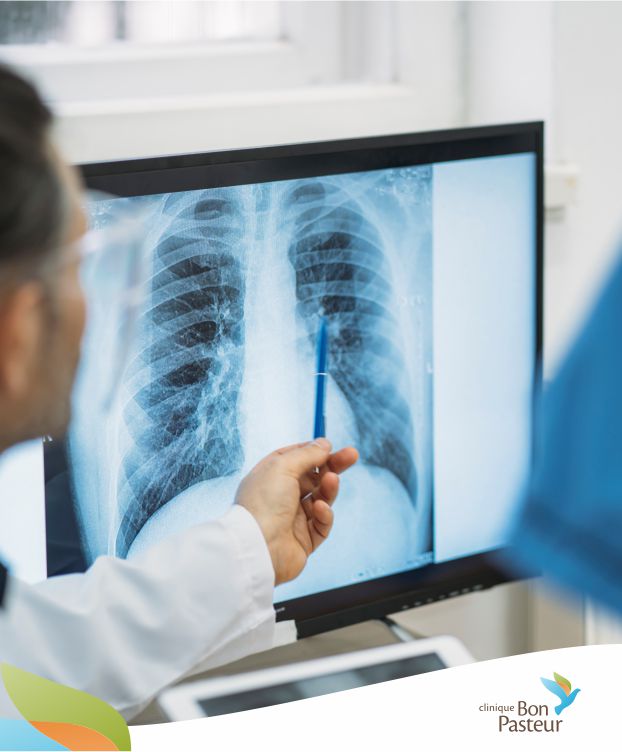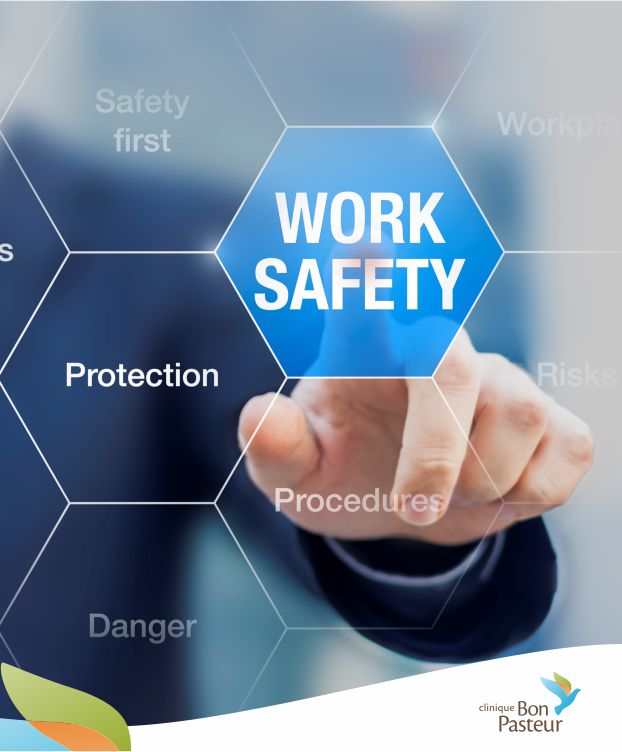Elder abuse: a burning issue
June 15, 2022
Thanks to phenomenal medical and technological progress, people tend to live longer every year. However, with a growing ageing population, the WHO reports that by 2021, 1 in 6 elderly people are likely to have been subjected to abuse. On this World Elder Abuse Awareness Day, Dr Pascale Dinan, a specialist in geriatrics, gives us an overview of the situation.
What exactly is elder abuse?
In order to understand this issue, we must differentiate between the terms ‘good treatment’ and ‘abuse’. According to ANESM, good treatment is a real culture based on individual actions and community relationships. Its aim is to ensure the well-being of vulnerable people by individualizing and personalizing the way they are treated. Abuse, on the other hand, consists, according to the WHO, of ‘a single and repeated act, or lack of appropriate action, occurring within any relationship where there is an expectation of trust, which causes harm or distress to an older person’. These actions, whether intentional or not, constitute a breach in human rights.
Are there different types of abuse?
There are 7 types of abuse. It can be physical, with violence or physical restraint inflicted on the person, or psychological, with verbal violence and other pressure and punitive actions exerted on the person. There is also iatrogenic abuse (too much or too little medication), financial abuse (looting, extortion, etc.), institutional abuse (loss of freedom of movement, inadequate assistance, etc.), civil abuse (infringement of liberty and dignity) and societal abuse (ageism and discriminatory prejudices towards these people).
How can such a situation arise?
According to Professor Robert Moulias, there are six basic characteristics associated with abuse: the victim’s weakness, lack of awareness of the person’s needs and humanity, ignorance of proper treatment, the victim’s silence, social isolation and, finally, the environment. Most of the time, these acts of abuse are unintentional and result from the physical and moral overload of the carer, hence the importance of appropriate training. For the carer, many factors have to be taken into account, such as social problems, difficulties with integration, or inappropriate behaviour (humiliation, insults, etc.) towards the cared-for person.
What are the warning symptoms?
First of all, you should pay attention to any behavioural changes. The person may suddenly become suspicious or even show depressive symptoms such as sadness, self-withdrawal, loss of initiative. On the physical level, there may be repeated unexplainable bruising or falls, or a neglected physical appearance. The person concerned may also complain of particular psychosomatic disorders. In some cases, the explanations of the elderly person and the carer may differ, and this can also be a warning sign.
Once a case of abuse is detected, which actions are required?
There are two hotlines in Mauritius to report cases of abuse: 172 and 199. The Welfare and Elderly Persons’ Protection Unit (WEPPU) was set up in 2006 to manage and deal with these cases. Elderly Watch branches are also present throughout the country and also promote the welfare of older people by implementing actions to prevent abuse. Once a complaint has been lodged, an investigation is launched and appropriate care is provided.
From a psychological point of view, abuse is also part of the exclusion that older people often experience. How can it be prevented?
While some older people maintain an active life by, for example, looking after their grandchildren or concentrating on their hobbies, others tend to withdraw from contact with the outside world, thereby reinforcing their feeling of loneliness, which can be detrimental to them. It is essential to break the social isolation that the person may feel, and the family is most likely to play this role. The NGO Groupement FIAPA Océan Indien offers a wide range of activities on a weekly basis and group outings in accordance with the health regulations. It is therefore necessary, as far as possible, to maintain this link with the world around them.
As abuse occurs most frequently at home, would moving to a nursing home prevent this?
The majority of abuse cases do indeed take place at home. If the retirement home can act as a safeguard against abuse, this does not necessarily mean that they are exempt from maltreatment! Most of the time, this abuse is not intentional and can, for example, be the result of overwork. It can also take place in a more insidious way, where the carer may act with the greatest benevolence, but does not respond adequately to the person’s needs. This is why each institution should first and foremost draw up a welfare charter to develop a culture around this notion and train its professionals to properly implement it.
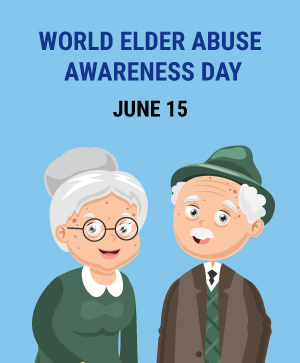
Related Article
